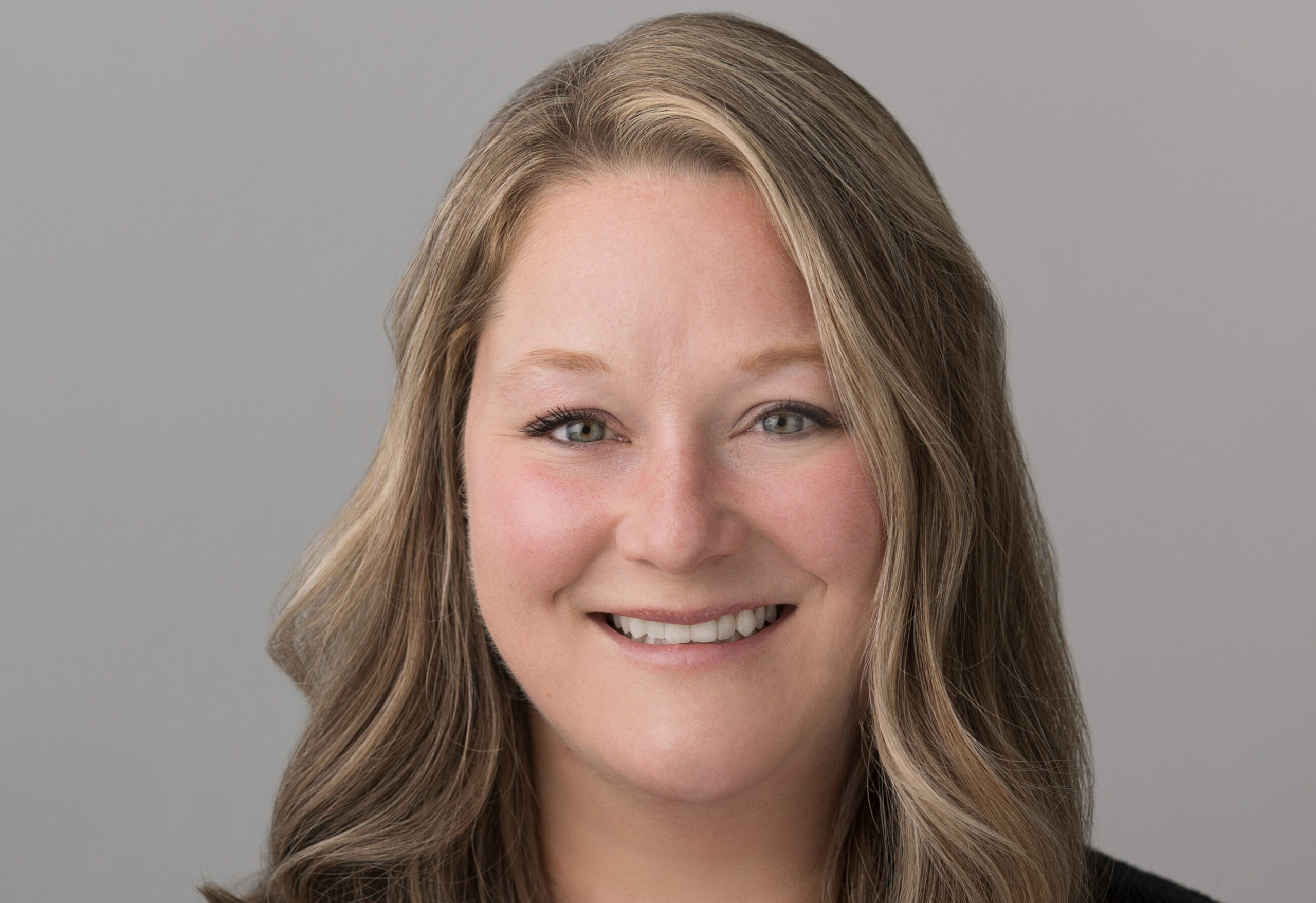Advocating for compassionate opioid treatment in the North
Posted on May 22, 2025
The opioid crisis in Northern Ontario touches many lives and communities. Defined by high rates of opioid-related deaths, overdoses, and substance use disorders, the crisis is made worse by limited access to health care in remote and rural communities.
As a researcher of Opioid Use Disorder and Opioid Agonist Treatment, Dr. Kristen Morin knows that stigma can prevent people from seeking help and treatment. For nearly 15 years, Dr. Morin has studied how people with substance use disorders utilize the health-care system and access services. She is a research scientist with the Health Sciences North Research Institute (HSNRI) and an Assistant Professor at NOSM University.
“The opioid crisis is one of the biggest health equity issues of our time,” she said.
Dr. Morin’s interest in researching opioid use and health equity was sparked early in her career during a placement at a community clinic. Dedicated to helping vulnerable populations, including sex workers and unhoused individuals, she says it really opened her eyes to the health equity issues that exist. “It made me question why someone born into a certain situation faces so many barriers, while I don’t—simply because I was born into different circumstances,” says Dr. Morin.
This question led her to take a population level approach to researching health equity through longitudinal studies and publishing over 30 peer-reviewed articles. Her most recent publication looked at the impact of a transitional housing program on people who use substances and experience homelessness in Sudbury.
Dr. Morin will be giving the keynote address at the 2025 Northern Health Research Conference. An annual conference that brings together health-care professionals, students, residents, and community-based researchers to learn about research in Northern Ontario.
Titled Respecting lives, enhancing care: Addressing the opioid crisis with compassion, Dr. Morin’s presentation will focus on Opioid Agonist Treatment (OAT) as an effective method for treating people with Opioid Use Disorder and the importance of compassion in treating people.
“My talk aims to move beyond stats and remind us that the issue is ultimately about real people,” she said. “I want people to take away that there is humanity to this crisis too.”
Dr. Morin wants health-care professionals to see Opioid Use Disorder as another chronic illness and treat people equitably. In addition to health-care professionals and researchers, she notes that community organizations and social services also play a role in addressing the crisis.
“The future would be to continue to collaborate with the broader spectrum of providers that impact people who use drugs and take a community centered approach to the issue,” she said.
She is looking forward to sharing more of her work at NHRC.
“I’m really honored and excited to share my ideas with other likeminded professionals,” she said.

